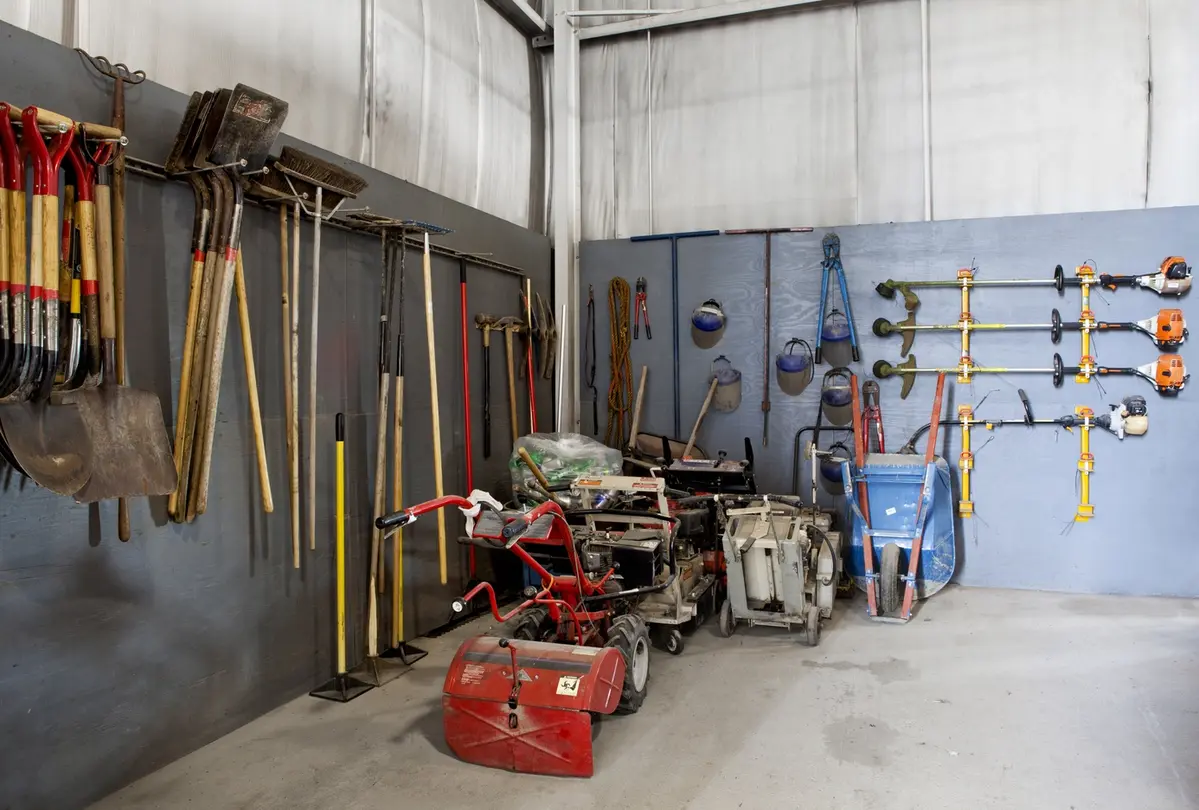Organizing
5 Items You Should Avoid Storing in the Basement

Items to Avoid Storing in the Basement
Basements provide valuable storage space, but some items require better conditions to stay safe. To protect your valuables, avoid storing in basement areas whenever possible. Moisture, temperature changes, and potential flooding can damage your belongings if you aren’t careful.
Why Avoid Storing in Basement Spaces?
Basements often experience humidity and fluctuating temperatures. These conditions can harm delicate items like wood, paper, and candles. Even finished basements may still be at risk of flooding or mold growth.
Items You Should Keep Out of the Basement
Photos
Old photographs can warp, discolor, or stick together when exposed to basement moisture. Store these keepsakes in acid-free boxes in a cool, dry location like a closet. For added protection, consider digitizing your collection.
Vinyl Records
Vinyl records are highly sensitive to moisture and heat. Avoid keeping them in the basement, as warping and mold growth can destroy them. Instead, store your records on sturdy shelving in a temperature-controlled room.
Important Documents
Paper documents, such as tax records and contracts, can suffer water damage in damp basement conditions. Store important papers in a fireproof file cabinet in a dry indoor space. Going digital is another effective way to protect these vital records.
Wooden Furniture and Antiques
Wood furniture absorbs moisture, causing it to swell, crack, or develop mold. If you must store wood items in the basement, use airtight containers and ensure the space is insulated.
Candles
Candles can melt in hot, stuffy basement conditions. Instead, keep them on a shelf in a climate-controlled room to maintain their shape.
Final Thoughts
By avoiding basement storage for these items, you can prevent unnecessary damage and ensure your valuables remain in excellent condition. For more storage tips and home organization advice, explore more news on this website.
